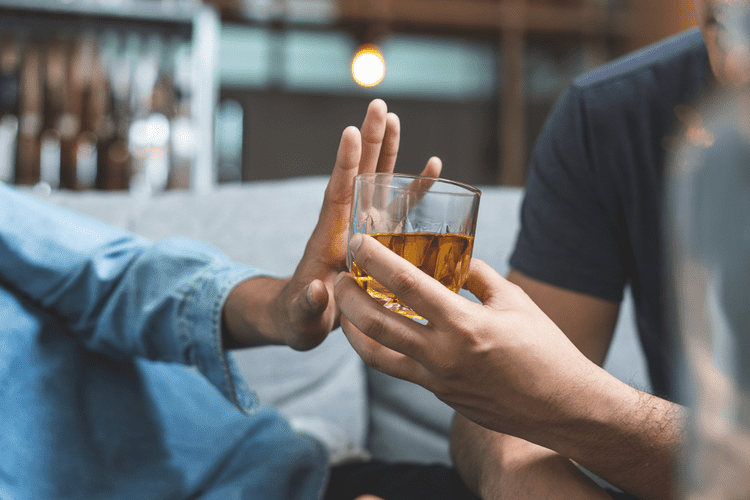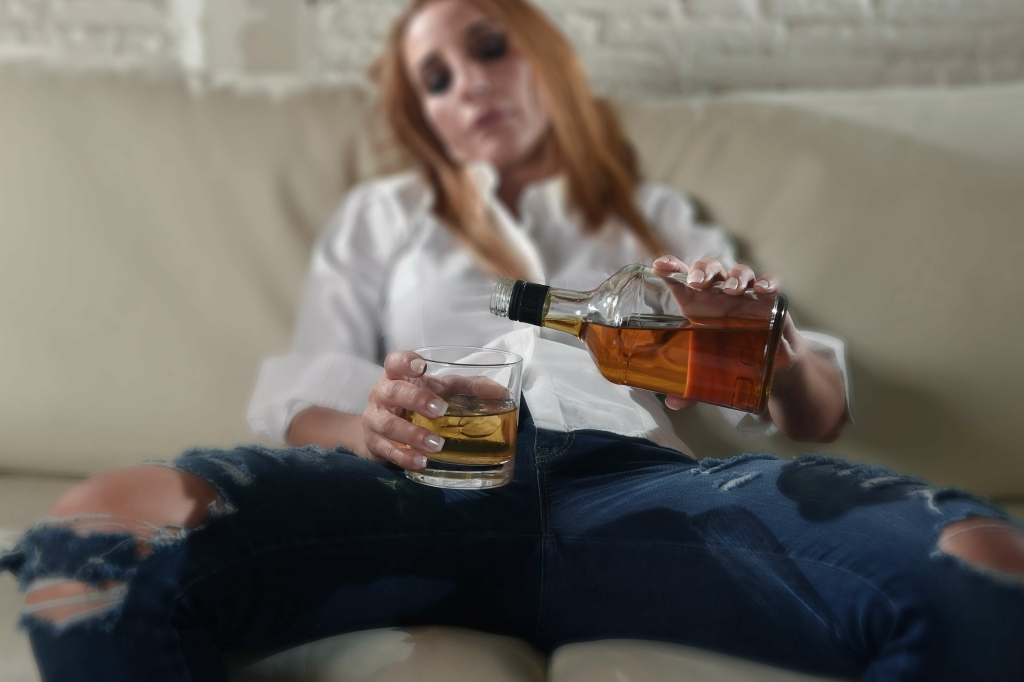This is because dehydration can cause a decrease in blood volume and low blood pressure, which can lead to reduced blood flow to the brain, causing fatigue and drowsiness. Even though alcohol-induced dehydration is not the core problem we grew up believing it to be, that does not mean you should stop “hydrating” while drinking alcohol. The research shows, essentially, that drinking an initial amount of alcohol will cause more urine output than drinking the same initial amount of water (or other non-alcoholic liquid). However, continuing to drink alcohol after that initial drink does not cause any more urine output than continuing to drink water.
- Living in climates with high temperatures or engaging in prolonged physical activity raises body temperature and causes sweating.
- It can also cause muscle cramps due to an imbalance of electrolytes in the body, such as sodium, potassium, and magnesium, which are essential for proper muscle function.
- The main rule is to limit the consumption to one alcoholic beverage an hour, with one glass of water also consumed for every finished alcoholic drink.
- For the men reading this, you might also be interested to learn about alcohol’s effect on testosterone levels.
The good news is that you are exposed to a lot less of it than alcohol when you drink. Reaching for hydrating beverages is the best way to alleviate a hangover’s unpleasant effects — but not every liquid fits this bill. Hangovers happen the next day after you drink a high amount of alcohol. Hangover symptoms are unpleasant and may include nausea, tiredness, headaches, vertigo, and sensitivity to light and sound. This article will explain how to know if you’re dehydrated, the causes of dehydration, and tips for prevention.
Medical Professionals
The sense of thirst is the body’s way of telling you that you are mildly dehydrated. Another symptom is darker urine (such as the color of apple juice). It’s formulated to stop dehydration in its tracks and boost your energy and mental clarity. The water we drink today is either tap water (full of chlorine and other chemicals) or filtered water (completely stripped of mineral content).
- Another diet-sabotaging truth when it comes to alcohol is that drinking actually decreases your ability to burn fat, slowing your metabolism by approximately 70-percent.
- “I think the term falls into this gray area because it doesn’t yet meet the medical definitions of alcoholism. But I think that risk is there,” Shah said.
- The subjects still get the initial spike in urine flow after the first drink, but then urine flow dies down.
- Ways to prevent dehydration would be to drink on a full stomach and to drink water with each beverage.
- Its diuretic effects lead to wrinkled, gray, lackluster skin that can look swollen and puffy.
Vasopressin is an antidiuretic hormone (ADH) that causes the kidneys to hold on to fluid. With less vasopressin in your system, you may experience diuresis (more frequent urination) while your body loses more fluids. The pituitary gland decides to do this based on signals sent from detectors that read the volume of water in the body, as well as its salt level. When dehydration is detected, a message is relayed and ADH is released. Alcohol convinces the pituitary gland that ADH shouldn’t be introduced into the situation, despite the alcoholic drink itself being made up largely of water. Drinking a lot of low-alcohol drinks can also add up to a very thirsty evening, though.
Does Alcohol Make You Pee More?
Dehydration can increase the risk of heat stroke, especially when combined with exposure to hot and humid environments, such as in a crowded bar or nightclub. It can also cause muscle cramps due to an imbalance of electrolytes in the body, such as sodium, potassium, and magnesium, which are essential for proper muscle function. Dehydration can also impair cognitive function, including memory, attention, and decision-making abilities.

An increased intake of coffee may cause a diuretic effect that promotes dehydration. Drinks containing high amounts of alcohol, caffeine, and sugar are most likely to perform as diuretics in the does alcohol dehydrate you body and promote dehydration. Below is a list of drink types that fall within these categories. Drinks that may result in dehydration can include alcoholic, caffeinated, and sugary beverages.
Drinking Too Much at Once
Drinks with higher alcohol content, including vodka, whiskey, and rum, can have a stronger dehydrating effect than beverages with lower alcohol content, such as beer or wine. Without replenishing electrolytes, the body won’t be able to utilize the water you consume, leaving you dehydrated despite drinking plenty of fluids. In addition, increased urination can cause the loss of electrolytes, especially potassium and sodium, which are crucial for maintaining the body’s fluid balance. Many of us “bank up” our calories up for a night of drinking by skipping dinner. However, this disservice will only leave your stomach empty, allowing the alcohol to be absorbed much more quickly—thus, making you intoxicated faster. People should also avoid drinking on an empty stomach because this can intensify the effects of alcohol and bring them on more quickly.
‘But if people have a serious alcohol problem, being ‘dry’ for just one month doesn’t cut it. Very often, if men and women ‘white knuckle’ it through January not drinking, they are back on the booze with a vengeance afterwards. They are not looking at the impact on their work, their relationships.
Does Alcohol Really Cause Dehydration?
This is partly because our soil is incredibly depleted, so our fruits and veggies don’t have the mineral content they once did. Additionally, our tap water is heavily processed and filtered, leaving most of the minerals behind. Alcohol suppresses the hormone vasopressin, which governs how much you urinate. Though all liquids can help you meet your fluid needs, some may be more hydrating than others.
- If you’re an athlete or someone who likes to hit the gym to build muscle mass, you may want to reconsider your weekly happy hour consumption.
- If a person has been drinking and is experiencing alcohol dehydration symptoms, they need to restore the body’s fluid balance.
- The body is made up of so much water because it is necessary for proper daily function.
- Higher sugar intake causes the cells in the body to transfer more water and increase urination.
- Heavy drinking is linked to hypertension in all genders, so reducing your intake or quitting entirely can do a world of good.
For example, even light drinkers (those who have no more than one drink a day) have a tiny, but real, increased risk of some cancers, such as esophageal cancer. According to the Society for Endocrinology, ADH is produced and released by the pituitary gland. It’s the reason why you can usually sleep through the night without having to urinate.
Caffeinated energy drinks may also contain ingredients that increase urine production and contribute to dehydration. Although alcohol has no health benefits, many people enjoy drinking beer, wine, or other alcoholic beverages, and there are several ways you can minimize or avoid alcohol dehydration. The main rule is to limit the consumption to one alcoholic beverage an hour, with one glass of water also consumed for every finished alcoholic drink. However, even this may not help to avoid a harsh bout of dehydration.

Binge drinking is when a person consumes an excessive amount of alcohol within a short period of time. This equates to drinking five or more drinks within 2 hours for males and four or more drinks within 2 hours for females. According to the CDC, drinking alcohol in moderation https://ecosoberhouse.com/ is safe for most people. A moderate amount equates to one glass of alcohol or less per day for females and two glasses of alcohol or less per day for males. Dehydration occurs when the body does not have sufficient amounts of fluid to function effectively.